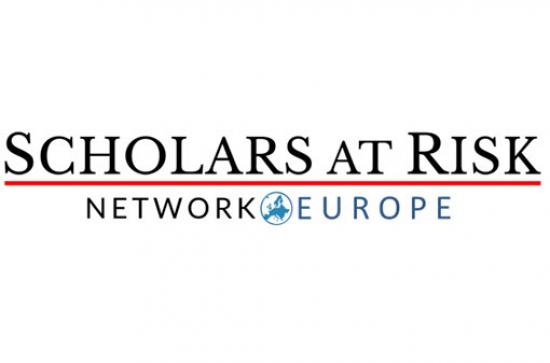Scholars at Risk Europe welcomes the opportunity to provide feedback to the European Commission’s Communication on the Global Approach to Research, Innovation, Education, and Youth. SAR Europe submits that academic freedom should be a clear and visible strategic priority within EU engagement with global partners. The Global Approach should unequivocally promote academic freedom and institutional autonomy as essential pre-conditions for quality in research and for the development of evidence-based research, free from censorship. In particular, the strategy must carefully consider the effects that such international partnerships can have on higher education values and take action to ensure their preservation.
The Global Approach is an opportunity for the European Commission to give meaningful implementation to academic freedom in international cooperation. In late 2020, the European Research Area, European Higher Education Area, the Council of Europe, and the European Court of Justice all independently issued important reports, statements, decisions, declarations, resolutions, and communiqués on academic freedom and the need for greater protection. Similar actions were also issued from the UN Human Rights Council/OHCHR special procedures and UNESCO. These state-level actions require meaningful follow-up and implementation to move beyond words on paper.
To support the European Commission in its development of the Global Approach, SAR Europe submits 7 recommendations on concrete ways to advance support for academic freedom and at-risk scholars with EU research and innovation programmes. Our recommendations include expanding monitoring and reporting on academic freedom; strengthening related policy and advocacy efforts; safeguarding academic freedom in internationalisation activities; promoting academic freedom as inextricably linked to excellence in research; targeted training programmes on academic freedom; transnational coordination of efforts to promote academic freedom in international cooperation; and an EU fellowship scheme for researchers at risk. The detail behind these recommendations can be found here.

